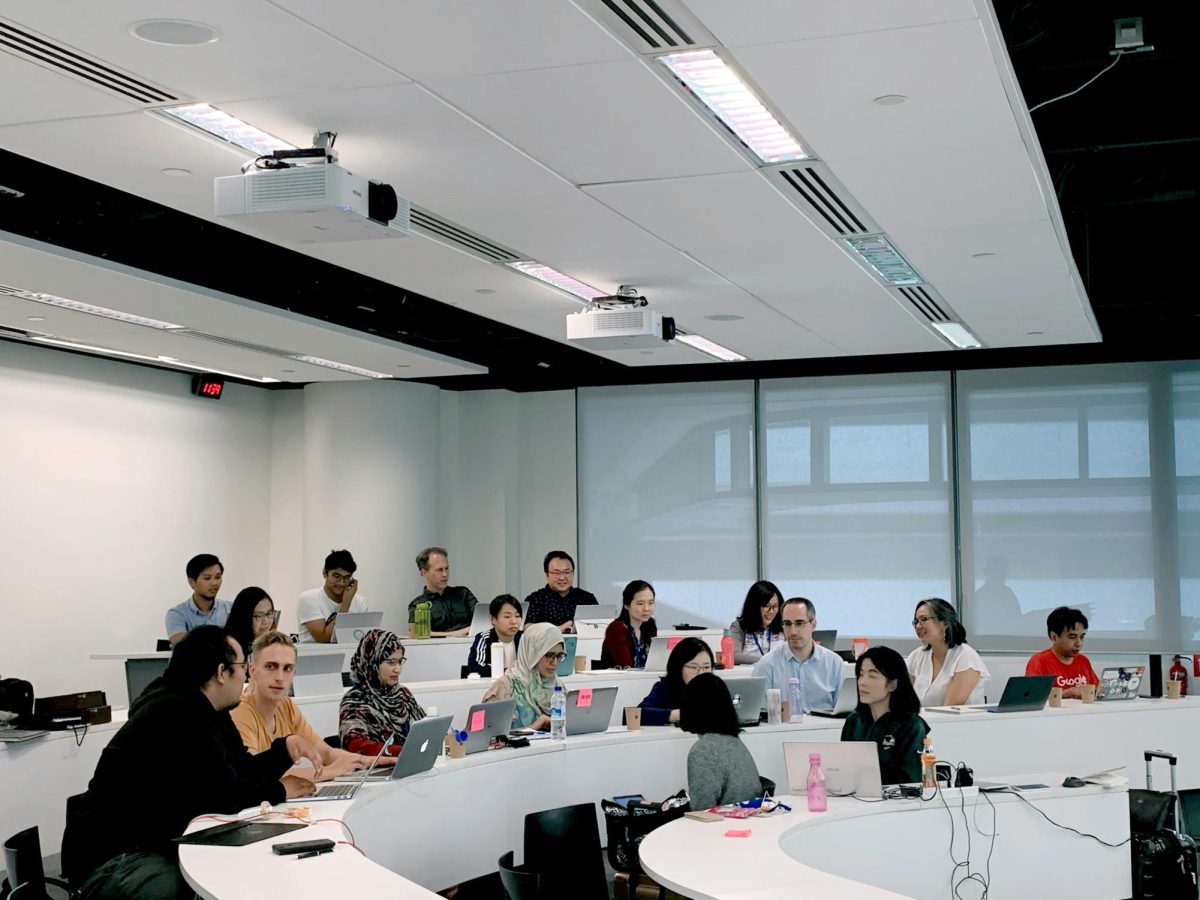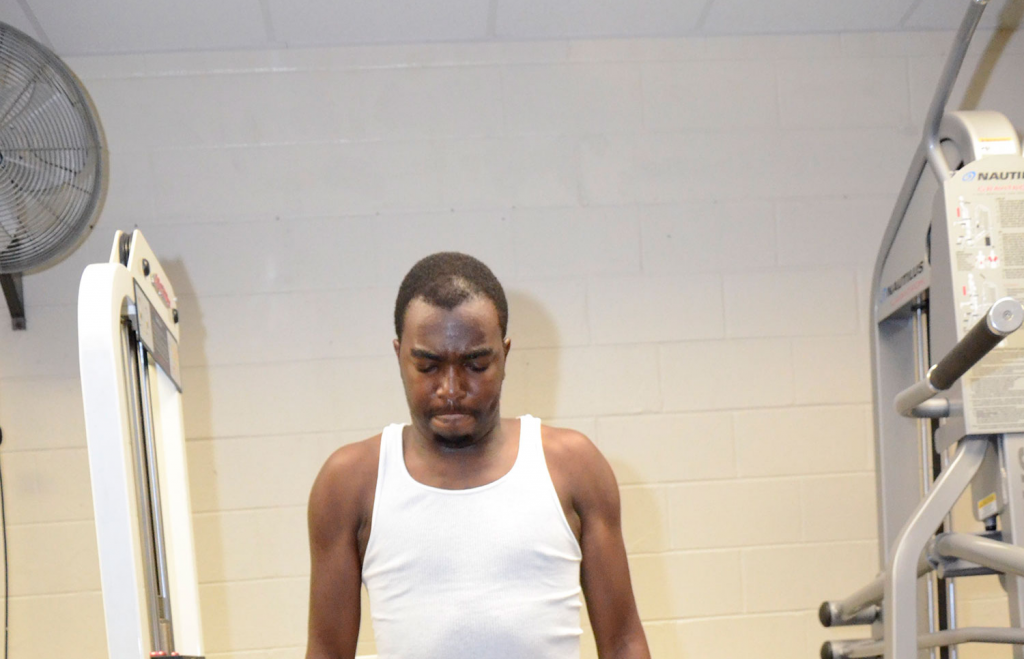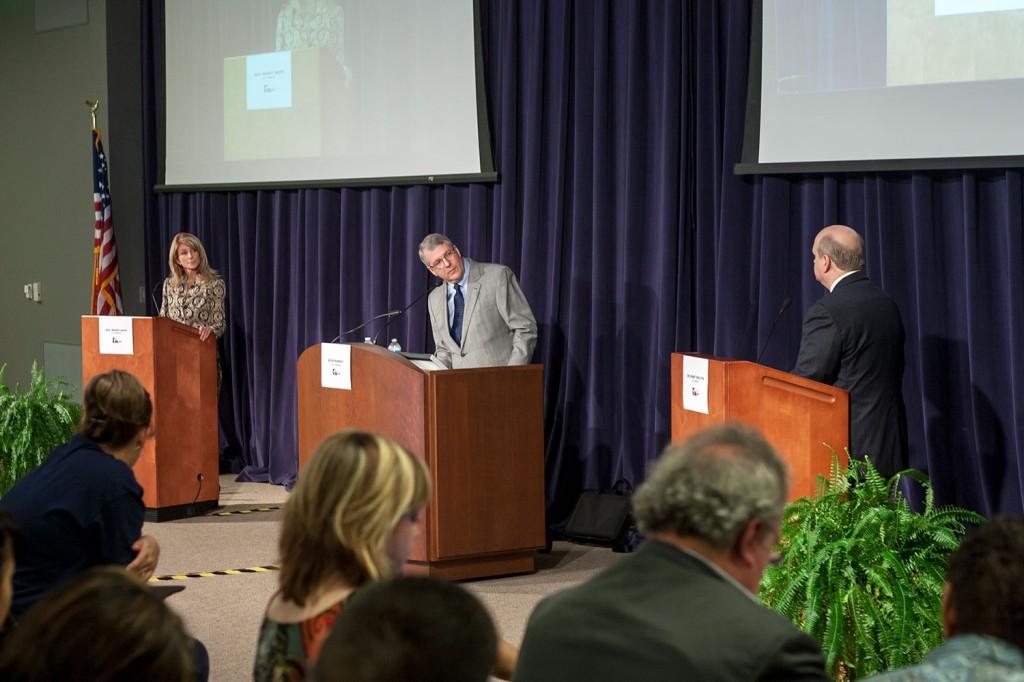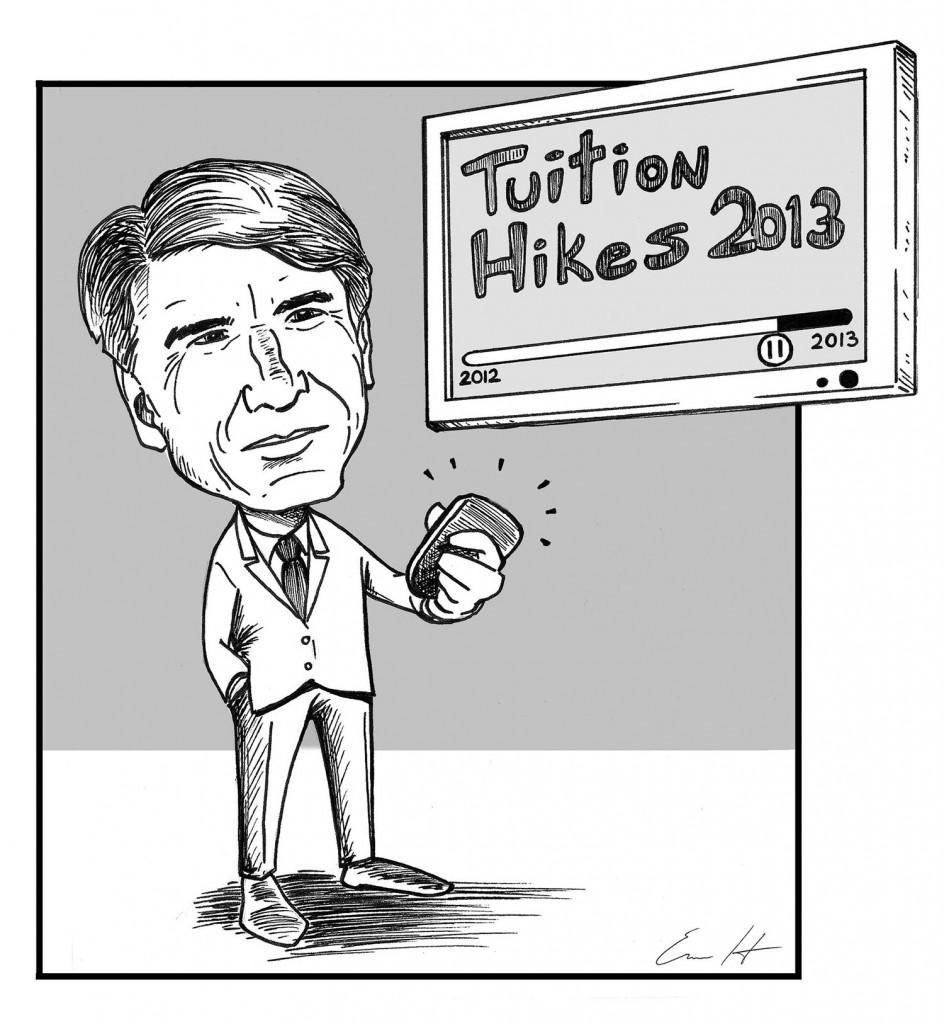By Shirlett Warren/editor-in-chief
Recent Census Bureau data reported a record 24 million Latinos are registered to vote in the upcoming elections.
“We’re the fastest growing ethnic group in the U.S. and Texas,” said NE vice president for student development services Magdalena de la Teja. “We need to consider issues this group faces.”
Associate vice chancellor of human resources Ricardo Coronado said Latinos are like any other group of voters.
“Latinos’ top issues are jobs and the economy followed by education, health care and [then] immigration,” Coronado said.
Instructional television manager John Gonzales said the majority of the Latino voting bloc was born in America.
“Our surnames have nothing to do with how we vote. We are Americans,” he said. “Many of our concerns have nothing to do with what’s happening south of the border. We’re concerned about this nation we’ve claimed as our own.”
A recent Hispanic Council for Reform and Educational Research survey revealed that education tops the list of key issues to Latino voters. Many support school vouchers, tax credit programs and education savings accounts.
“Education is a major issue in the U.S.,” de la Teja said. “And Latinos are at the core of the issue. I see the struggles in my family. Out of eight, only two completed a bachelor’s degree.”
She said it took hard work, opportunities and support to get her education.
She said many Latinos have low incomes and are less willing to pursue higher education because of the burden of student loans on the family. While immigration reform may not top the list of issues concerning Latino voters, de la Teja said she is sensitive to the plight of undocumented people in the U.S.
“I was born in the U.S., but my parents were undocumented when they came here,” she said. “As I was growing up, I became aware of the situation.”
Her parents eventually became American citizens and emphasized the value of education. De la Teja said Latinos are suffering as a result of the economy, inadequate health care and underrepresentation in colleges.
“I’m doing well. I can sit in my office as a vice president, but I want to champion people who are struggling, and I do,” she said. “A lack of a good education spills over into so many areas [including] health, economy, even crime.”
Recent polls show between 2000 and 2012, registered Latino voters between the ages of 19-29 have increased by 43 percent.
NE student Melody Titus, 22, whose mother is Latina, said her parents vote in every election.
“I’m not up to date on all the issues, but my dad is self-employed, so the economy is real important to our family,” Titus said.
As Election Day nears, Latinos have the attention of political candidates and the media. They are looking at the “so-called sleeping giant,” Coronado said.
Heading to the polls, Latinos vote for the same reasons other Americans will.
“At the end of the day, we want to provide for our families and support the nation and communities we live in,” Gonzalez said.




























